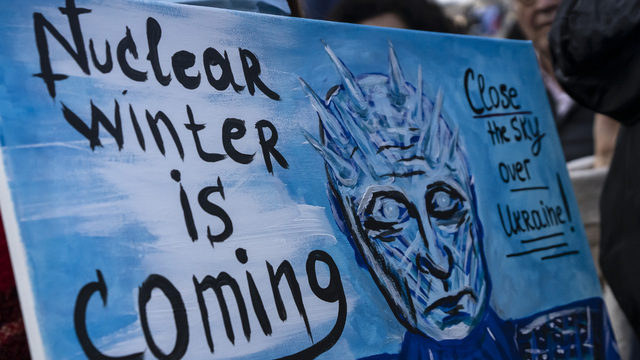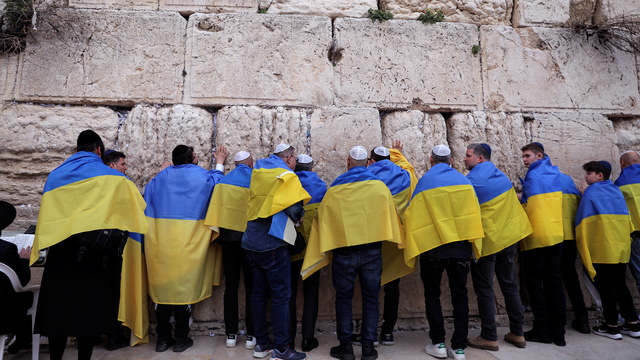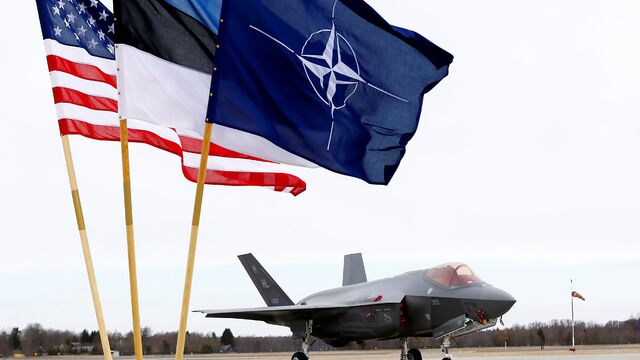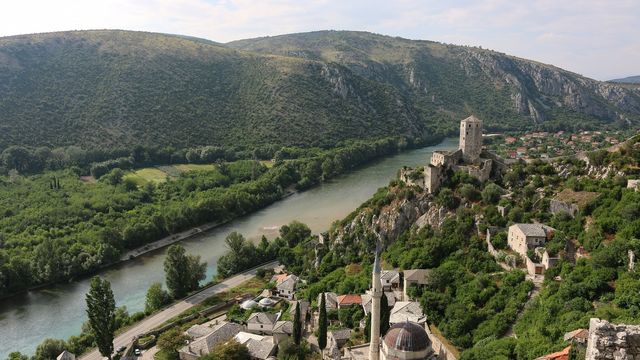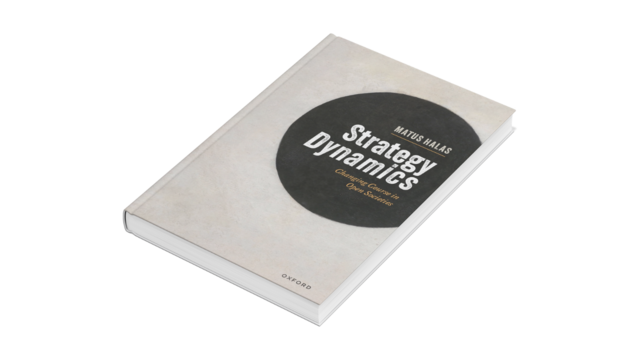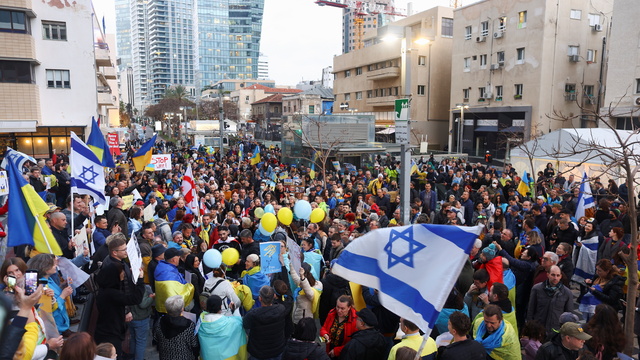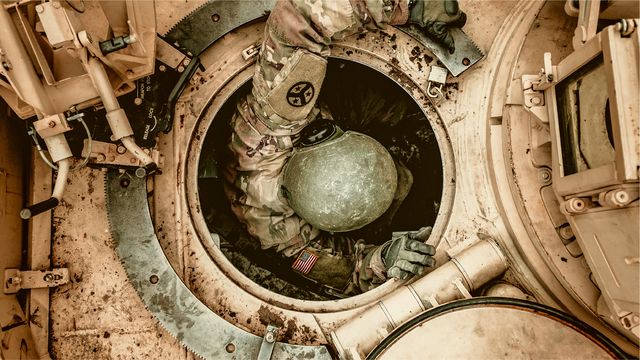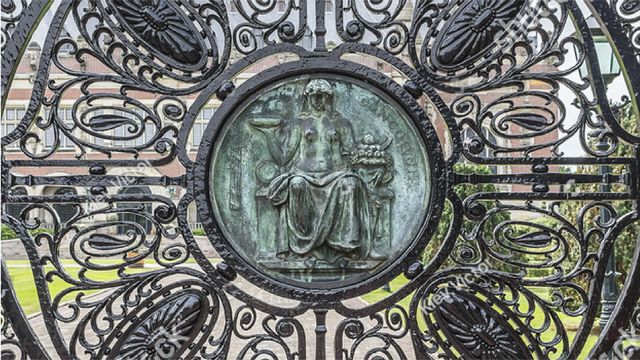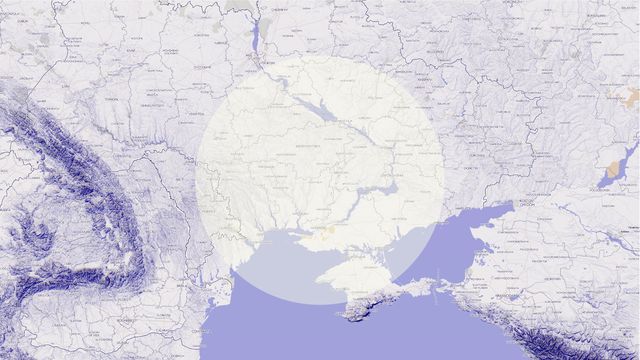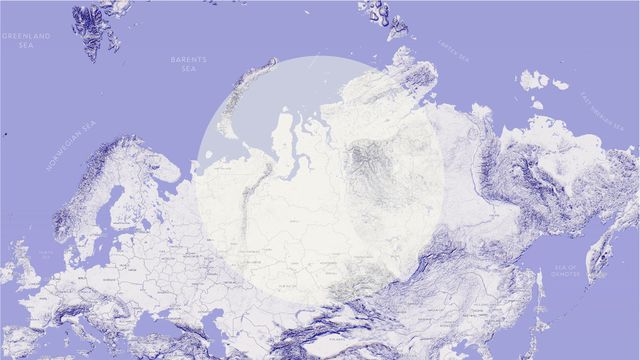International Legion in the Making: Foreign Fighters and the War in Ukraine
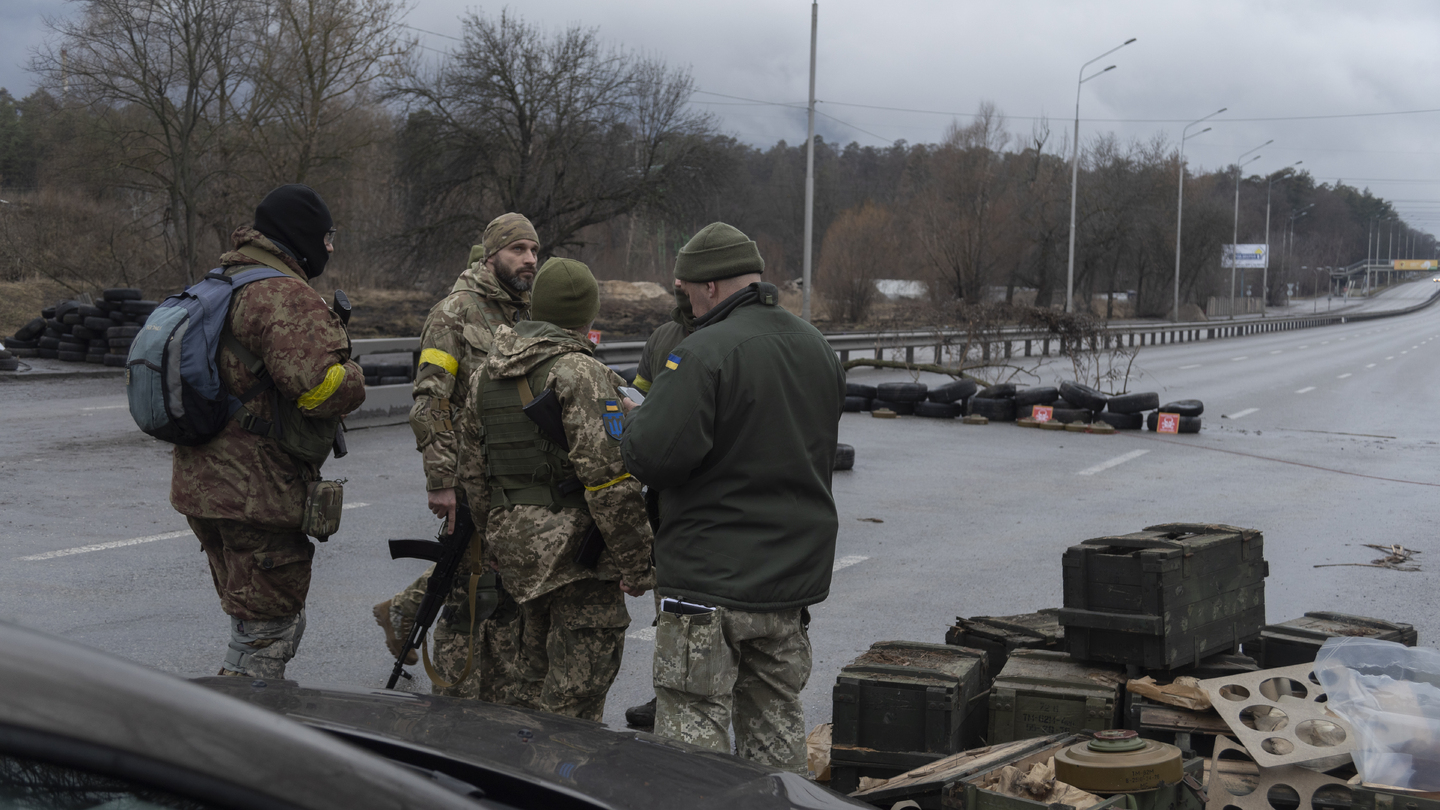
Foreign fighters are part of the war theatre of most contemporary conflicts. The ongoing war in Ukraine is not an exception. We should expect a broad pool of individuals with a strong motivation, but various degrees of military preparation.
Foreign Fighters and State Response
From Japan to Georgia, and from the US to Belarus, people from all around the world are joining the ‘international legion’ of foreign fighters following the appeal of Ukraine’s President Zelenskiy. Some are already there, others are being stopped by local governments: like the hundreds of Georgians with military backgrounds who were planning to travel to Ukraine on Monday. While thousands of Georgians have protested against the war in Ukraine, the Georgian government is seemingly wary of angering Russia by letting volunteers join the Ukrainian resistance.
Meanwhile, British PM Boris Johnson said that the UK is not actively supporting volunteers to go and fight in Ukraine, however, the emotions of people who want to join the resistance should be understood. This, in a way, is a green light despite the law prohibiting foreign fighting. The UK Foreign Secretary Elizabeth Truss argued that ‘people can make their own decisions‘ but she ‘supported‘ those wanting to fight for Ukraine.
Where do volunteers come from
Hundreds of wanna-be fighters are preparing equipment, documents, and collecting the necessary information for their trip. The Ukrainian government has issued an ‘algorithm‘ for those who would like to join the International Legion to defend Ukraine. In fact, the law in Ukraine allows for foreigners to join their armed forces. Travel arrangements are mostly done on Telegram channels, Facebook, and Signal. Currently, there are volunteers from the UK, Finland, Germany, France, Spain, Turkey, Croatia, Georgia and Belarus, among other countries.
Thousands of people from Ukrainian diaspora communities are now going back to their homeland to fight. According to The Kyiv Independent, 80,000 Ukrainians came back from abroad since Russia invaded further. The medium cites the Ministry of Interior, according to which the majority of these citizens were men who joined the Armed Forces and other military formations.
It is a matter for future discussion if volunteers from diaspora communities should be seen as ‘foreign fighters’. In any case, if they hold dual citizenship and seek to return to their host countries after the war, they may create new questions for the legislators. But we are not there yet. The focus now is on strengthening the Ukrainian resistance and the number of diaspora volunteers is increasing.
Motivation to Fight
Based on foreign fighters’ quotes brought by the media, the key desire for joining appears to be to support the Ukrainians in their struggle. Some volunteers have previous experience in combat: like Georgians who fought against Russia in 2008. Others, like people from the US and Japan, are ready to travel thousands of kilometers to join the resistance.
This transnational mobilisation reminds of previous conflicts in which foreign fighters participated, such as the Spanish Civil War, Afghanistan in the 1970s and 2000s, the wars in Iraq, Somalia, Syria, and others. From history, we know that foreign fighters could not influence the course of a conflict significantly, yet their participation matters at a tactical level in local fights.
Politicians across Europe are cautious in making judgements if foreign fighter mobilisation is right or wrong, understanding the morale of the war in Ukraine and the support that Ukrainian resistance needs. Yet, there is a criticism that the approval for foreign fighters comes only when politicians agree with their cause. One thing is certain, we are witnessing the ‘international legion’ in Ukraine in the making.
